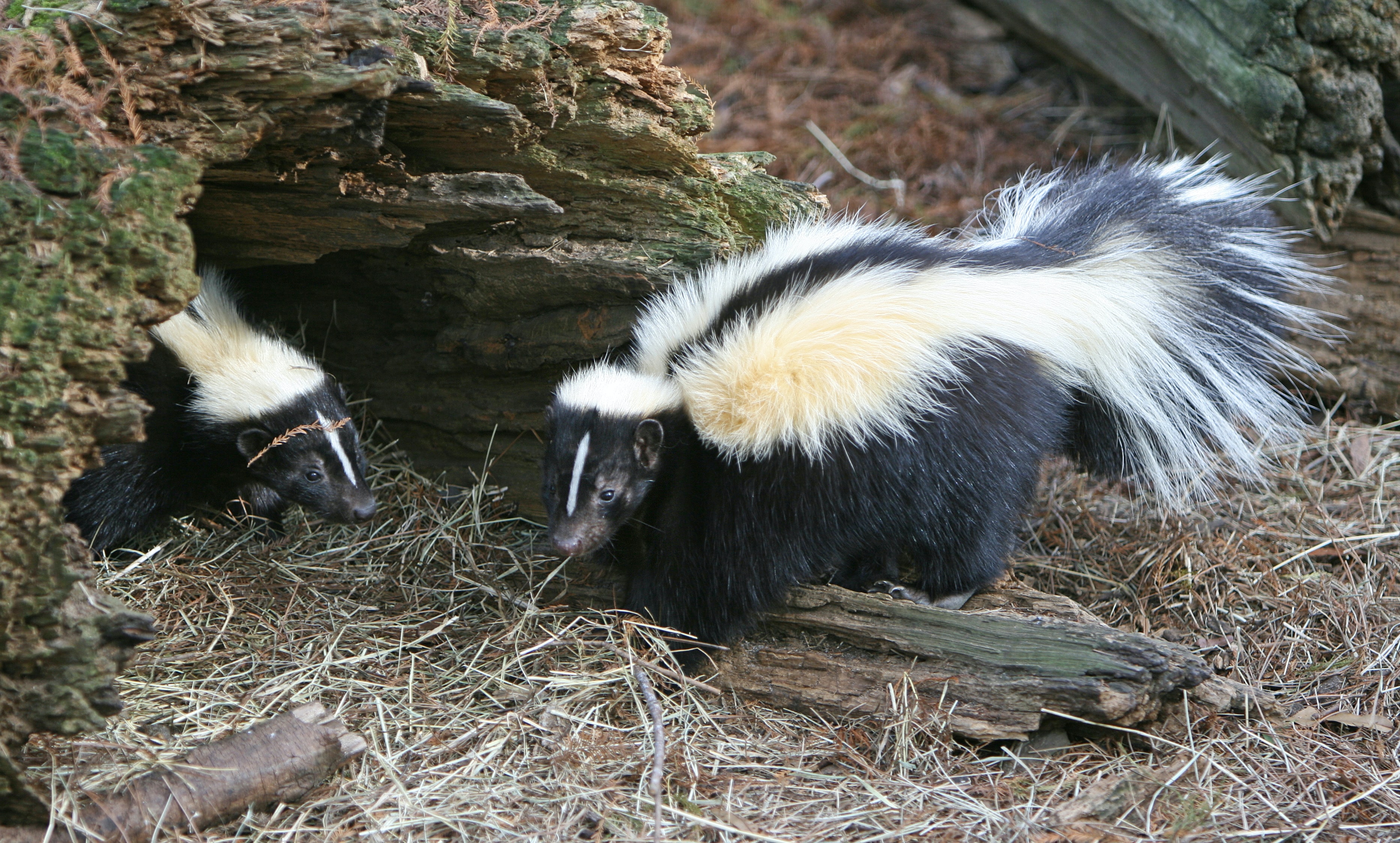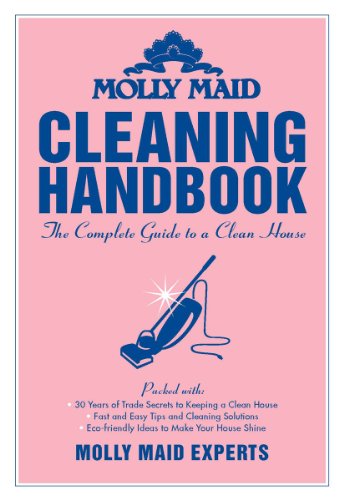
How to Protect Your Pets from Summer Pests
For our four legged friends, summer is nothing but endless fun, with long hikes in the woods, squirrel chasing, frisbee catching, siestas in the shade of a tree, and swimming at the beach. But along with seasonal fun and relaxation comes the nuisance of summer pests. As pet owners, it’s solely on us to keep our canine and feline kids safe from stings, infestations and foul odours. Here’s the top culprits:
Bees
Dogs and cats have similar reactions to bee stings as we do. So although painful with local swelling, it should ease within a few days. Ice will help to soothe the sting. But if your pet has been stung in the mouth or throat, contact your local vet, as the sting may swell and interfere with breathing. And of course, If your dog shows any signs of allergic reaction or anaphylactic shock, head to your vet immediately.
Fleas
These small, dark-brown insects prefer warm humid temperatures, which is why some only strike in the summer. If you’ve discovered that your dog has fleas, its best to call in the experts. Ask your vet for recommendations on the safest and most effective treatment options. They may even have a preventative to stop an infestation occurring again. And, remember your home will need to be cleaned too, especially bedding, carpets and anywhere your pet likes to hang out.
Skunks
In general, skunk spray isn’t dangerous for your pet, unless it gets into their eyes where it can feel like tear gas. Contrary to popular belief, tomato juice doesn’t work, but water just isnt the solution either. In fact, if you turn the hose on your smelly pet, the oil will repel the water and actually become more pungent! The best choice for removing the strong odour of skunk is an over-the-counter stench combatant sold at most pet supply and drug stores. If you get caught off guard in the middle of the night, or prefer a homemade solution, a DIY remedy is a great alternative.
Recipe for Homemade De-Skunk Shampoo
- 4 cups of hydrogen peroxide (preferably 3%)
- ¼ cup of baking soda
- 1-2 teaspoons of dish detergent
Mix the three ingredients. Apply the shampoo all over your pet. Wear rubber gloves so that the skunk-stink doesn’t transfer onto your skin. Rub in the solution, then rinse completely with clean water. Be very careful to avoid getting the shampoo into your pet’s eyes, nose or mouth. Although non-toxic, hydrogen peroxide is a bleach, so it may lighten the colour of your pet’s fur.
CAUTION: Do not make this de-skunk shampoo ahead of time, or keep some stored in a bottle because the mixture could explode.

